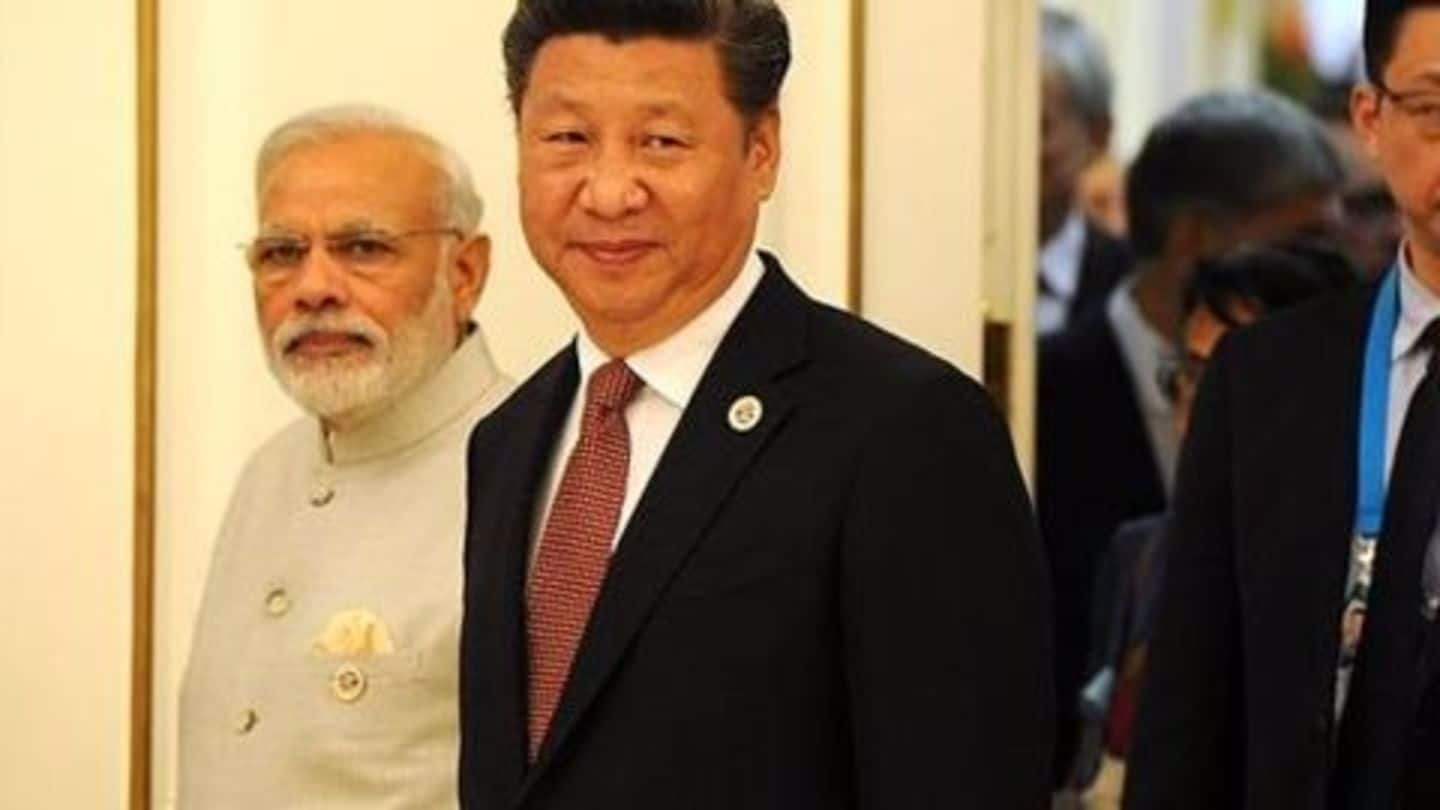
PM Modi meets Xi Jinping to discuss bilateral ties
What's the story
India's Prime Minister Narendra Modi met China's President Xi Jinping ahead of the G20 leaders summit at Hangzhou. The meeting between both the countries helped enable discussions on bilateral ties. The talks come in the wake of differences between India and China over pertinent issues such as India's membership with the Nuclear Suppliers Group (NSG) and the China-Pakistan Economic Corridor (CPEC).
About
NSG
The Nuclear Suppliers Group was founded in 1974 by a number of countries who were seeking to control nuclear materials exports and their usage. With just about seven countries when it first started out, the NSG now has 48 countries as its members. India has been garnering continuous support from most of its members, except China, who has been opposing the country's membership.
About
China-Pakistan Economic Corridor (CPEC)
The China-Pakistan Economic Corridor (CPEC) is an industrial phase that is currently being developed with a string of projects amounting to nearly $46 billion. The projects are lined up along Pakistan-occupied-Kashmir (PoK), and would help enable greater ties between Pakistan and China. India has raised multiple objections against the development of this corridor, as it falls along the PoK territory that India disputes.
Quote
China looking to foster and continue ties with India
"China is willing to work with India to maintain their hard-won sound relations and further advance their cooperation," media reports quoted Xi Jinping.
04 Sep 2016
China raises concerns over India-US ties
Apart from discussions on the rising tensions across the two countries which included the NSG bid and CPEC, China also raised concerns over India's ties with US. The country touted rising conflicts when India and the US signed the Logistics Exchange Memorandum of Agreement (LEMOA). The agreement would help the countries obtain access to defence facilities and supplies.
Quote
Modi at BRICS summit, post talks with China
"We, as BRICS, are an influential voice in international discourse. It is, therefore, our shared responsibility to shape the international agenda," India's Prime Minister Narendra Modi said.